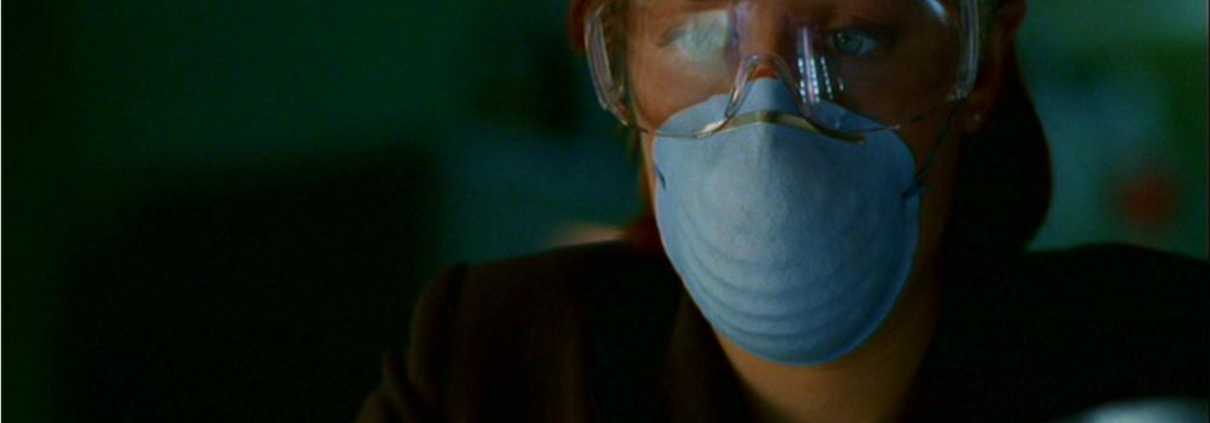Defense Production Act: A Solution to the COVID-19 Personal Protective Equipment Shortage?
On Friday, March 20 President Donald Trump invoked the Defense Production Act to help increase production of much needed equipment to address the COVID-19 pandemic. The Defense Production Act of 1950 (“DPA”) was enacted to prepare and respond to “both domestic emergencies and international threats to national defense”1 by developing the capacity to procure essential equipment to addressing an emergency. Through the DPA, the President is authorized to prioritize certain existing contracts held by the government as well as allocate resources in a manner in which he deems “necessary or appropriate to promote the national defense.”2 In addition to prioritizing fulfillment of existing government contracts, the President is authorized to control general distribution of scarce materials in the civilian market if those materials are critical to the national defense. In addressing the COVID-19 pandemic, which continues to expand as hospitals face critical shortages of test kits and personal protective equipment (PPE), the DPA offers an additional tool for the federal government in increasing capacity.
The DPA provides the Trump Administration the following discrete powers to rapidly increase production of the test kits and personal protective equipment necessary to curb the COVID-19 pandemic:
- Prohibition on Hoarding Scare Materials
Last week, as many jurisdictions enacted policies implementing strict social distancing, many Americans stockpiled essential goods in preparation for the COVID-19 pandemic. In addition to essentials like toilet paper, some Americans have also purchased PPE that our healthcare system vitally needs. Sellers like Amazon have been selling out of N95 respirators, resulting in shortages at hospitals across the country and leading to healthcare workers operating in unsafe conditions on the frontline of the pandemic. Under the DPA, the President is authorized to ration some of these vital supplies, making it unlawful to stockpile designated goods beyond what is deemed reasonable for home consumption or business use. In other words, the President has the power to limit the amount of hand sanitizer, sterile gloves, or respirators purchased for personal benefit rather than the collective safety of our healthcare workers and first responders.
- Prioritization of Contracts
One of the main powers of the DPA authorizes the President to prioritize the fulfillment of government contracts by a vendor. For example, the federal government has existing contracts with large suppliers that provide goods ranging from personal protective equipment to administrative supplies. Under the DPA, the President can instruct the supplier to focus all production on the necessary PPE for addressing the pandemic.
- Loans to Enhance Production
In addition to prioritizing contracts, the DPA authorizes the President to guarantee loans to businesses in order to increase their production capabilities. This could include loans that hire more workers, purchase materials, or equipment to expedite or expand the production of necessary goods like N95 respirators, ventilators, and ventilator valves.
Additionally, the President is authorized to impose price controls on the scare goods necessary for addressing this pandemic with Congressional approval. Penalties for failing to comply with actions set out by the DPA could result in a $10,000 fine or up to one-year imprisonment.
The DPA is a vital tool to accelerate production of materials necessary for addressing the COVID-19 pandemic. As Dr. Bill Frist outlined Friday, the federal response over the weekend will be critical in addressing the PPE shortages our healthcare personnel face during the COVID-19 pandemic. However, there are inevitably lags between the measures to enhance production and providing the supplies to our hospitals and healthcare facilities in need. To ensure that our healthcare providers are appropriately protected, the rest of the population should follow the CDC guidance for their community and refrain from purchasing unnecessary PPE and consider donating PPE that they do not need to a local hospital that does.



